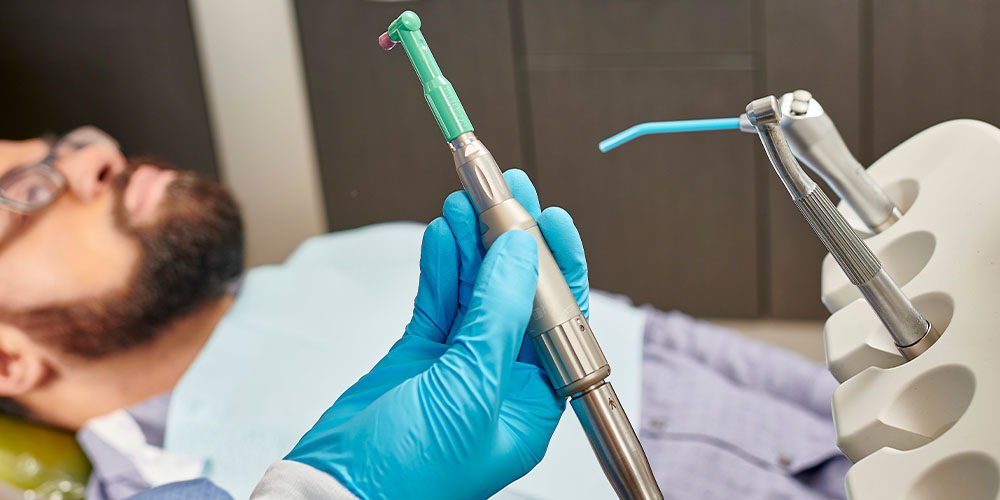As a dentist, a dental drill is always a must-have handpiece. It is of utmost significance in day-to-day dental procedures. A portable dental drill will not only aid in drilling holes in prepping for a tooth filling but is also valuable for extracting decay from the tooth enamel. A dental drill incorporates technology that ensures that it's safe to use on patients. Therefore, as long as the right person handles it, the tool has no danger. The handpiece is available in different types that have varying features. In that case, it becomes hectic for buyers to determine which one I suitable for them. Below is everything you need to know before buying a dental drill.
Considerations Before Purchasing a portable dental drill
Both cheap and expensive dental drills are available online and in local stores. The best dental drill should be reliable, efficient, cost-effective, and durable. Apart from these qualities, there are other significant considerations.
1. Portable dental drill types
The main kinds of dental drills available are electric-powered and air-powered drills. The two vary in terms of features. An electric motor powers an electric-powered portable dental drill shaft, while that of an air-powered handpiece is by pressurized air. The other difference is that the air-powered drill has a low torque while the electric-powered handpiece has a high torque.
1. Weight
Although most dental drills are portable, the weight is also a consideration. Electric dental drills are heavier due to the weight impacted by the motor. An air handpiece is lighter. Therefore, it allows the dentist to do dental procedures smoothly and with a lot of ease.
2. Portable dental drill RPM
RPM (Revolution per Minute) measures the speed of a drill. The handpiece to go for is the one with a high speed. An air-driven handpiece has a higher speed than an electric-driven one, while an electric dental drill operates at a rate of 200,000 RPM. An air-driven operates at a maximum of 300,000 RPM.
3. Torque
Torque is the power that allows the dental drill to rotate. Of the two types of portable dental drills, an air-powered type has a varying torque that the dentist can change from minimum to maximum. An electric handpiece's torque is consistent and high. In this case, you select the one that is suitable for you.
4. Noise
The best dental drill is, without a doubt, the one with less noise. A handpiece with a lot of noise is a significant fear source for most patients. An air-driven handpiece makes a lot of noise since the air turbine generates a lot of sounds. On the other hand, the motor of an electric drill operates quietly.
5. Portable dental drill Grip
Every dentist wants to avoid a portable dental drill that can slip during procedures. The grip design has a lot to do with that issue. An excellent handpiece needs to have a proper and robust grip. Since dentists use gloves in their operation, the grip must be fit for the gloves. The grip should also be effortless to clean.
Conclusion
When purchasing a portable dental drill, ensure you are comfortable with all the features. Dentists should invest adequate time checking each detail of a dental drill they need. If they consider the above factor, they will be sure they are choosing a handpiece that will last them for a long time.


